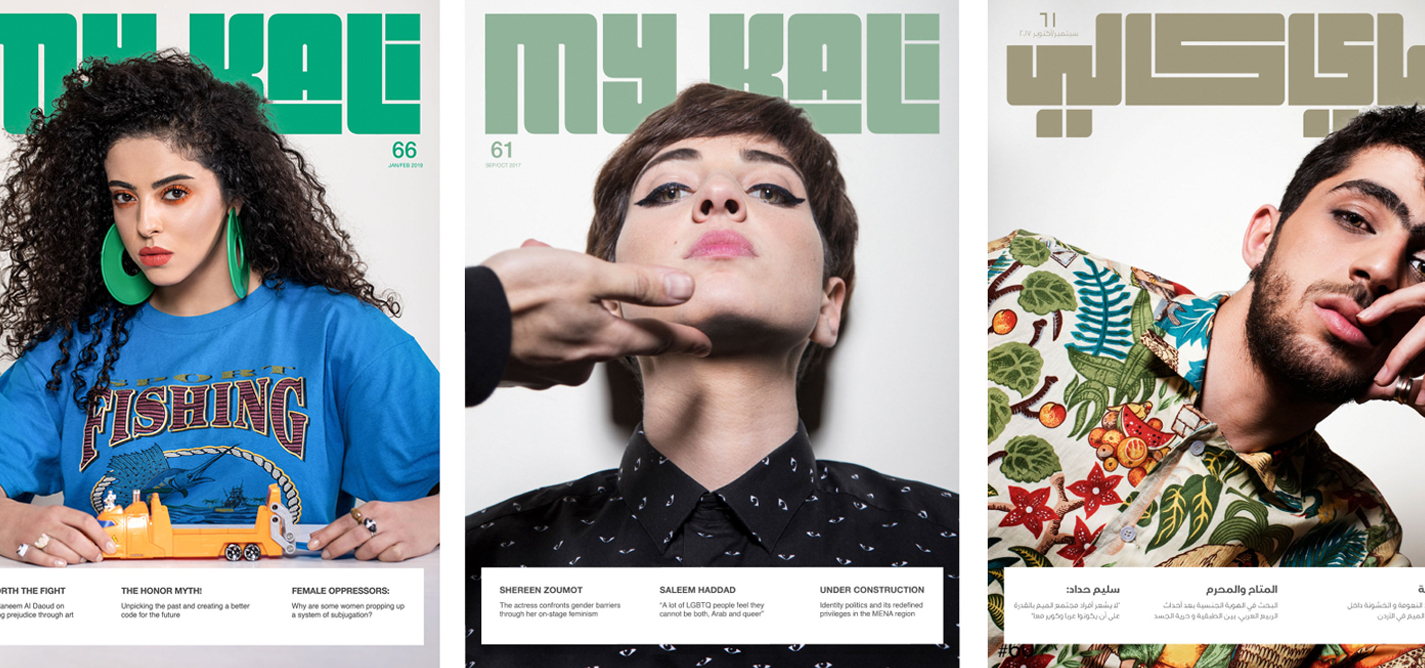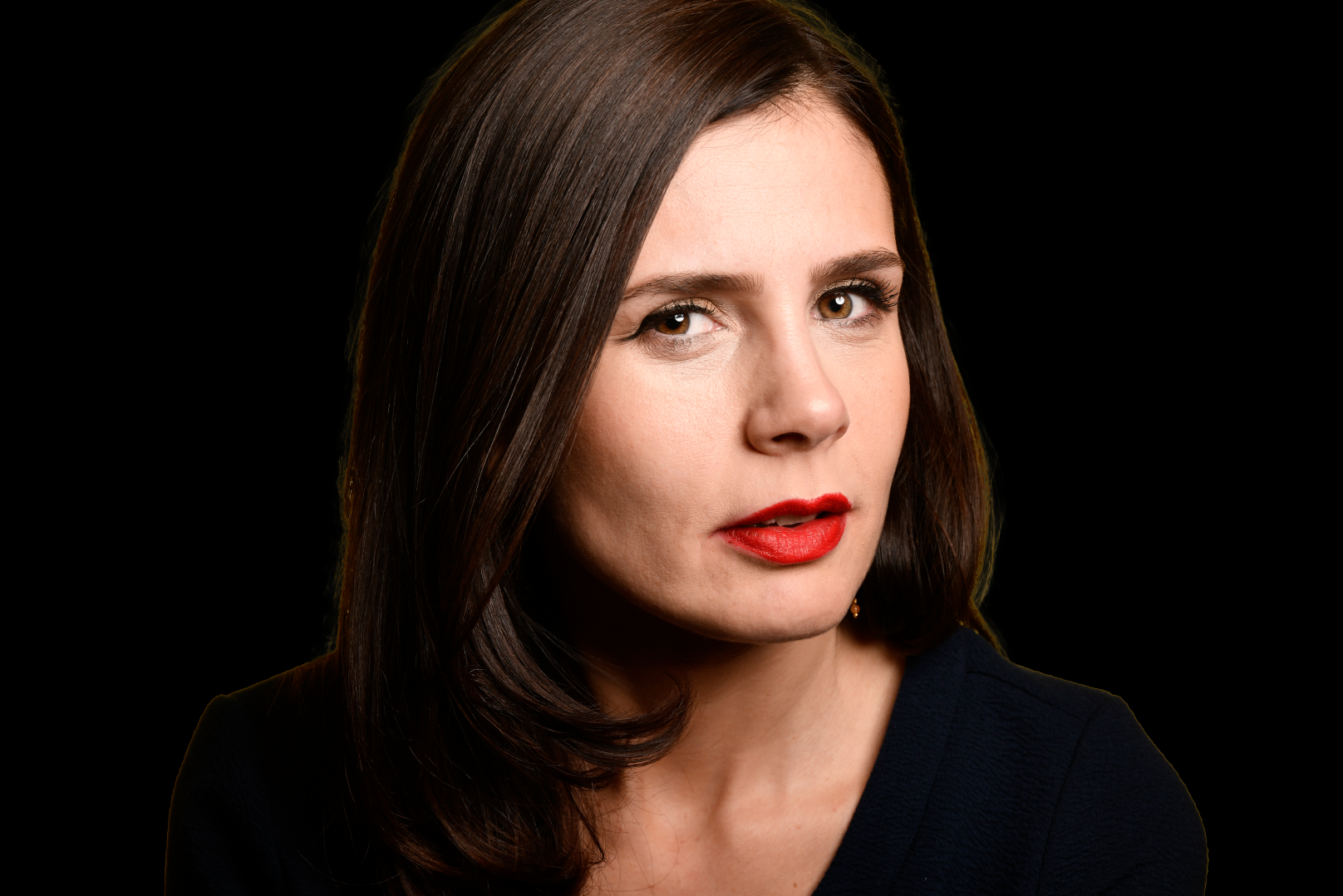
My.Kali: A voice speaks up
Khalid Abdel-Hadi’s magazine exists in a delicate balance.
Abdel-Hadi later understood how the controversy created by the media was used and politized for electoral purposes by political parties.
Abdel-Hadi also tries to hold a conversation about the effects of colonialism through My.Kali.
Over the years, My.Kali has provided a valuable space for discussion, particularly for queer religious people, such as queer Muslims and Christians.

Dafina Halili
Dafina Halili is a senior journalist at K2.0, covering mainly human rights and social justice issues. Dafina has a master’s degree in diversity and the media from the University of Westminster in London, U.K..
This story was originally written in English.